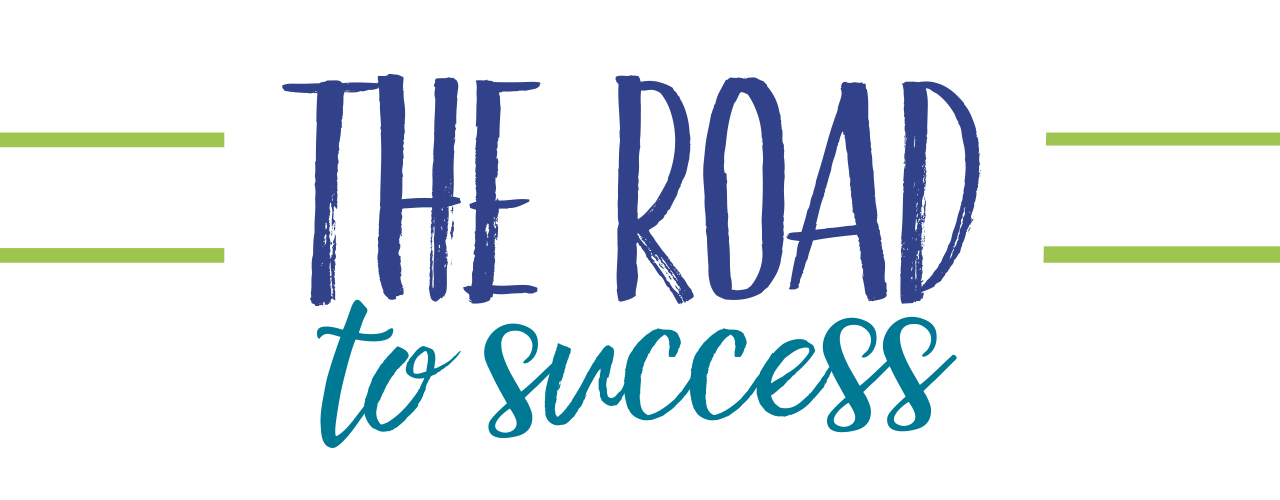Want to “Know Your Customer” better? KYC-oriented blockchain can be the next big thing…

#Customer #KYCoriented #blockchain #big [ad_1]
According to BIS Research, a US-based market intelligence firm, using a decentralised ledger technology (DLT) in KYC compliance programs could produce total aggregate cost savings for financial institutions of between six billion dollars and eight billion dollars per year. “Blockchain-based KYC verification can be an alternative to traditional KYC verification methods. This is because DLT has the capability to enable businesses consolidate information from multiple service providers into a single database. This eliminates the need for a third party to validate the knowledge’s veracity,” Rajagopal Menon, vice-president, WazirX, a cryptocurrency exchange, told FE Blockchain.
Insights from market-oriented research has shown that DLTs such as blockchain can help with the elimination of inefficiencies and duplication in KYC processes. As stated by DevTeam.Space, a software company, KYC workflow routing can be coded into smart contracts and standardised across the industry, which is expected to increase the effectiveness of the blockchain-based KYC system as it would reduce the need for manual oversight.
“Now that we are looking at different manifestations of blockchain such as non-fungible tokens (NFTs) and central bank digital currency (CBDC), implementation a KYC process in place will ensure that the technology saves its dignity without being tarnished by malicious use. We believe that it is an essential process in the interest of compliance and ethics,” Ramkumar Subramaniam, co-founder and CEO, GuardianLink, a blockchain-based research and development (R&D) organisation, stated.
Reportedly, organisations such as Chainalysis, Bakkt, BitFury, Elliptic, CipherTrace, Blockpass, TRM Labs, among others, are the KYC-based companies that aim to build solutions in blockchain and cryptocurrencies. As highlighted by Jumio, an online mobile payments company, banks, investment firms, casinos, financial technology (fintech) companies, among others, that deal with many financial transactions should inculcate KYC-backed blockchain applications.
It is believed that businesses can have the capability of performing well, in terms of efficiency and data security, after leveraging emerging technologies such as DLT. Insights from SignDesk, a software company, stated that KYC verification is growing important for financial institutions, with regard to increase in cyber-attacks, and decentralised technologies can help make the process faster and safer.
“Blockchain is an emerging technology and a trust protocol, and in a span of 10 years has been used in industries to build trust and transparency through an immutable provenance. The blockchain-based decentralised architecture may provide to solve KYC problems a way forward with immutability and security features. I believe blockchain-based KYC applications can ensure faster compliance with the evolving regulatory scenario,” Amanjot Malhotra, country head – India, Bitay, a cryptocurrency exchange, emphasised.
[ad_2]
Source link
